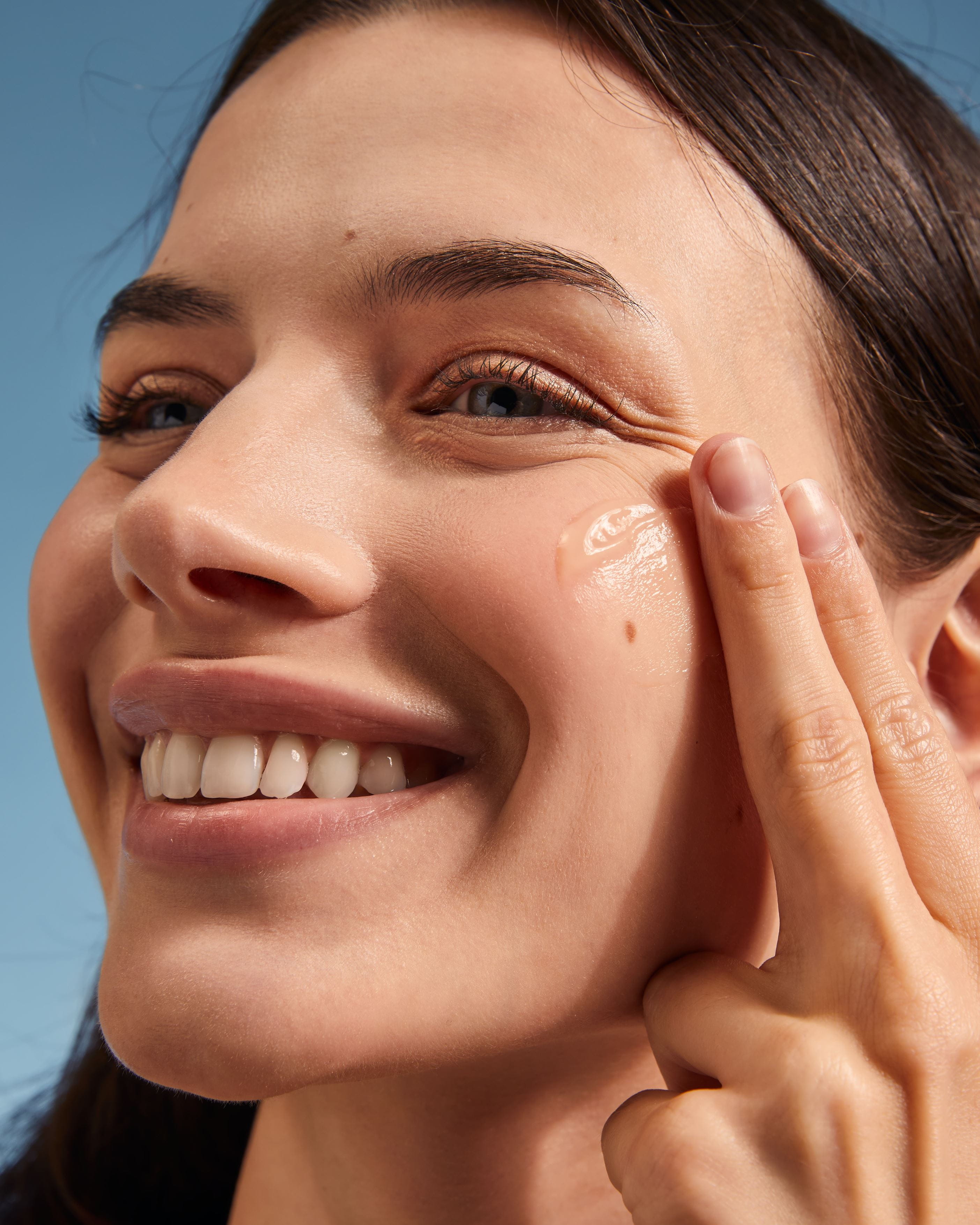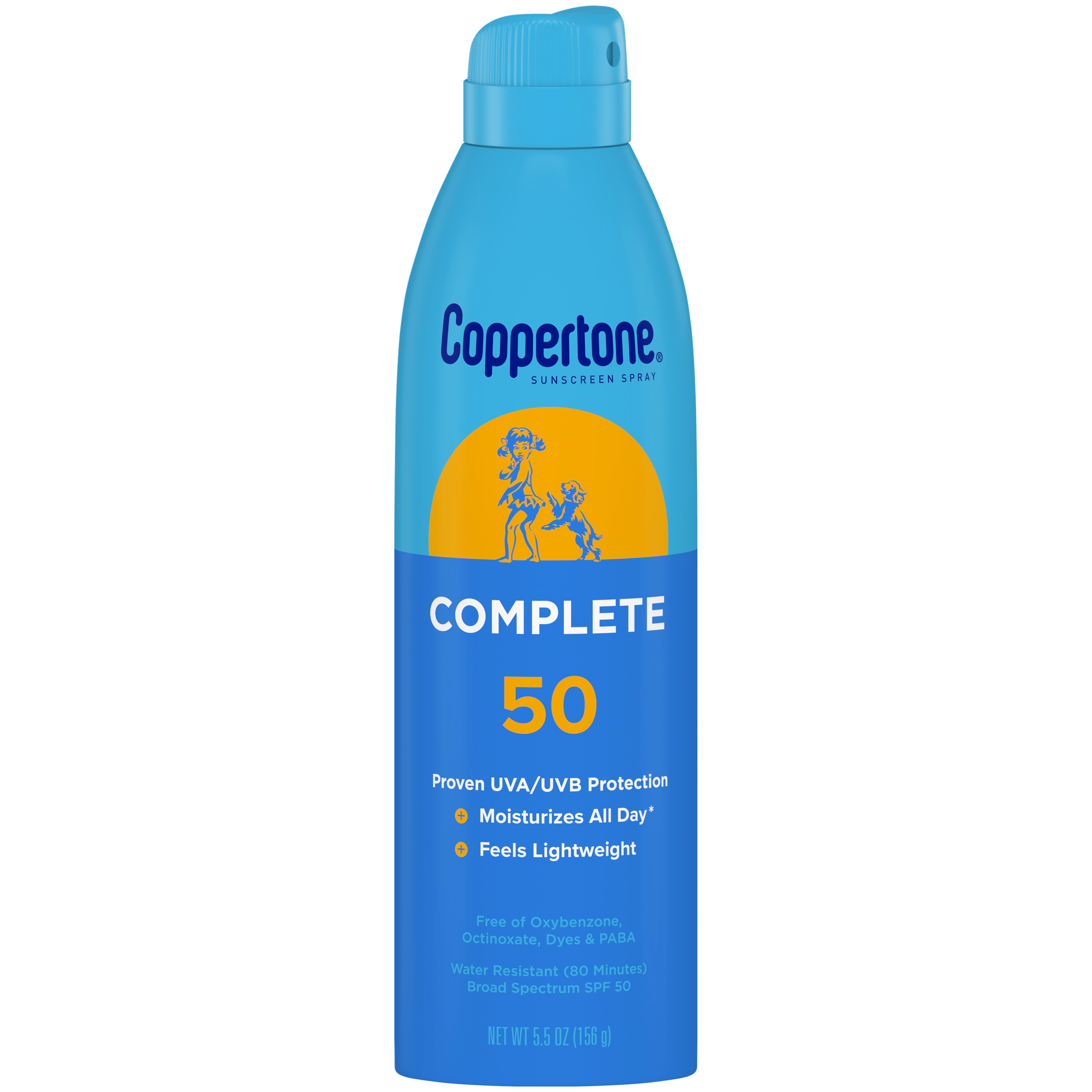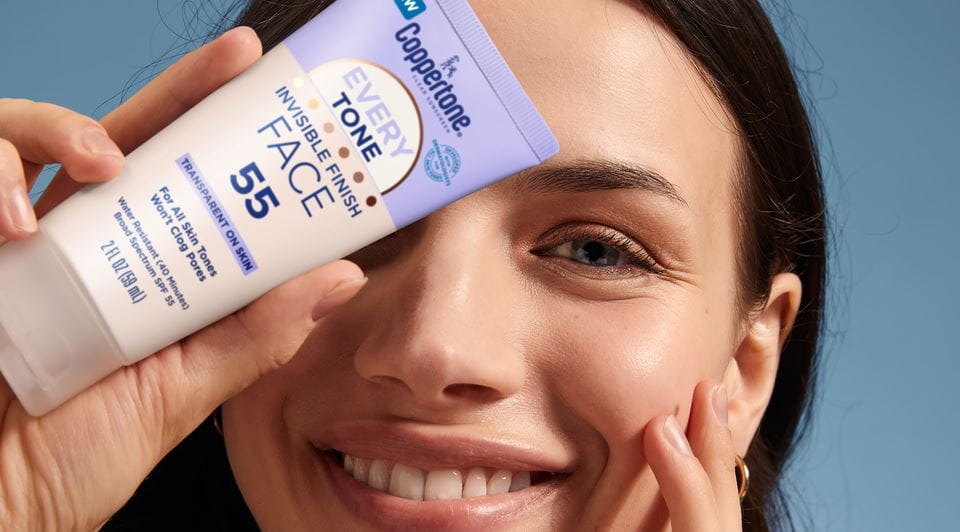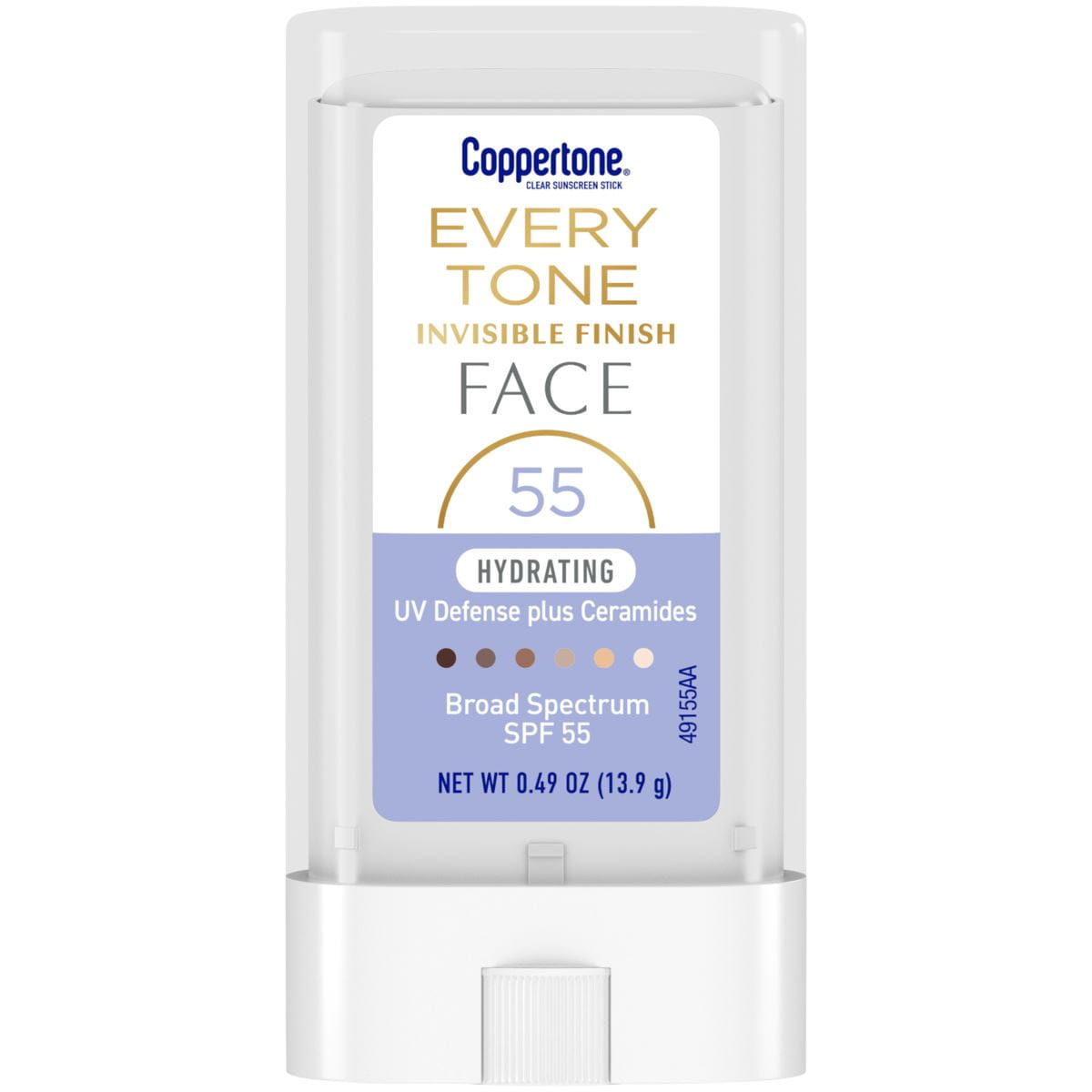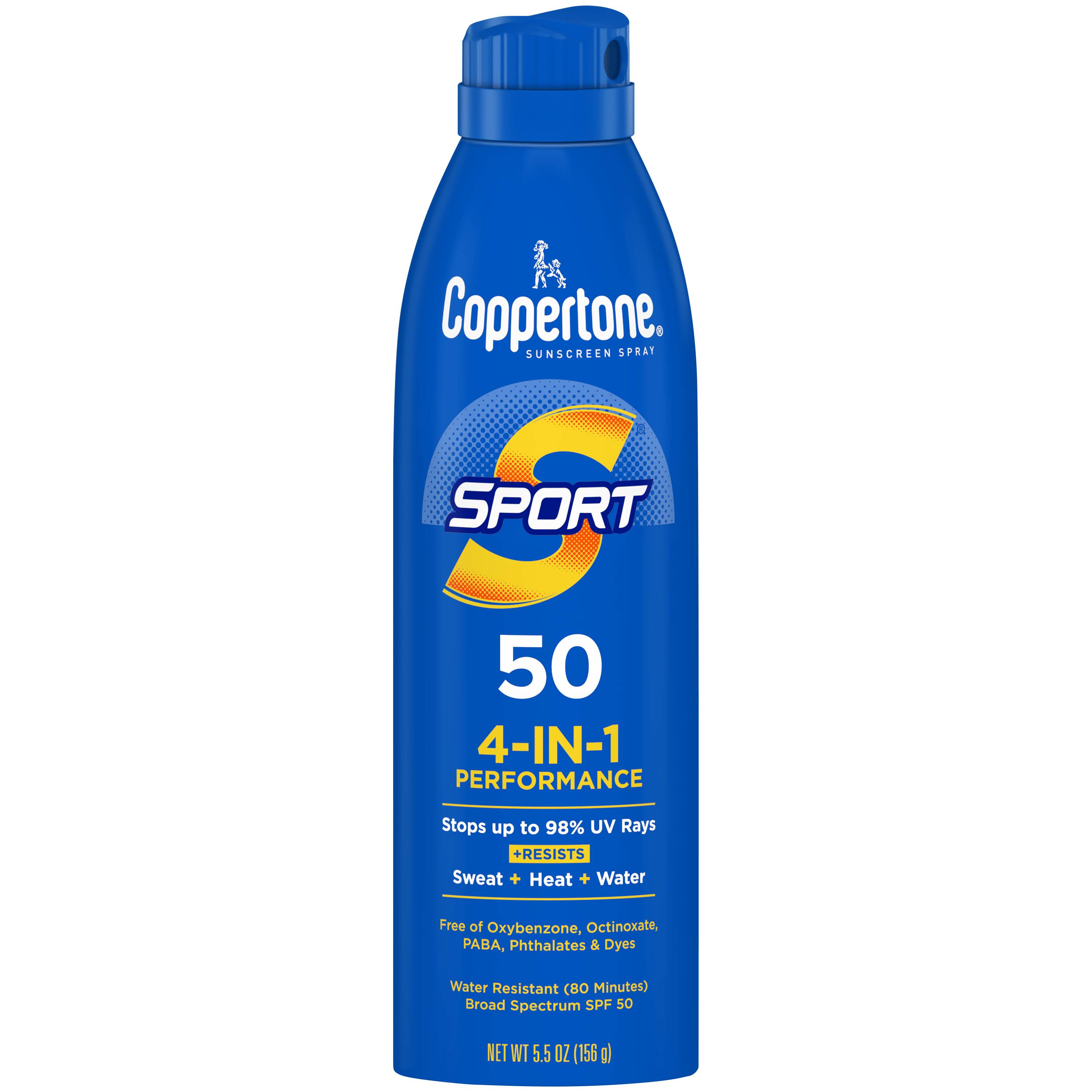
Mineral vs Chemical Sunscreen: Which to Choose?
Is mineral or chemical sunscreen better for your skin? Learn what they are, how they both work and the benefits of each so you can decide which to use.
Mineral vs Chemical Sunscreen
It is well known that sunscreen is important for anyone spending time in the sun to help protect skin from harmful UV rays. Best practice is to wear it daily, even when it’s cloudy outside.
Daily sun protection will help protect your skin. It can also reduce the risk of skin cancer and early skin aging when used with other sun protection measures.
There are two main types of sunscreen, mineral (sometimes referred to as physical) and chemical sunscreen. They work in different ways, and it is important to understand how they work and what benefits one has over the other.
What is mineral sunscreen?
Mineral sunscreen, sometimes referred to as physical sunscreen, stays on the surface of the skin and deflects the sun's harmful UV rays.
The ingredients in physical/mineral sunscreen are Zinc Oxide or Titanium Dioxide. These minerals contain small particles that settle on the skin to create a physical barrier. This barrier protects the skin and partly bounces back UVA and UVB rays. The remainder of these UV rays can either be scattered or absorbed by these particles.
What is chemical sunscreen?
Chemical sunscreen helps protect the skin by absorbing the UV rays. Chemical sunscreen is the most popular form of sunscreen and tends to be lighter and thinner than mineral.
The active ingredients most commonly used in chemical sunscreen include Avobenzone, Octinoxate and Oxybenzone.

